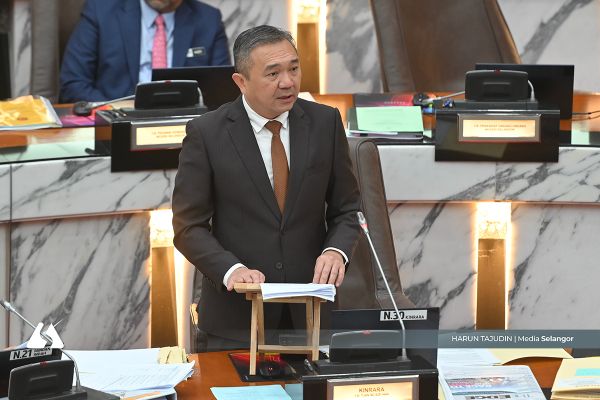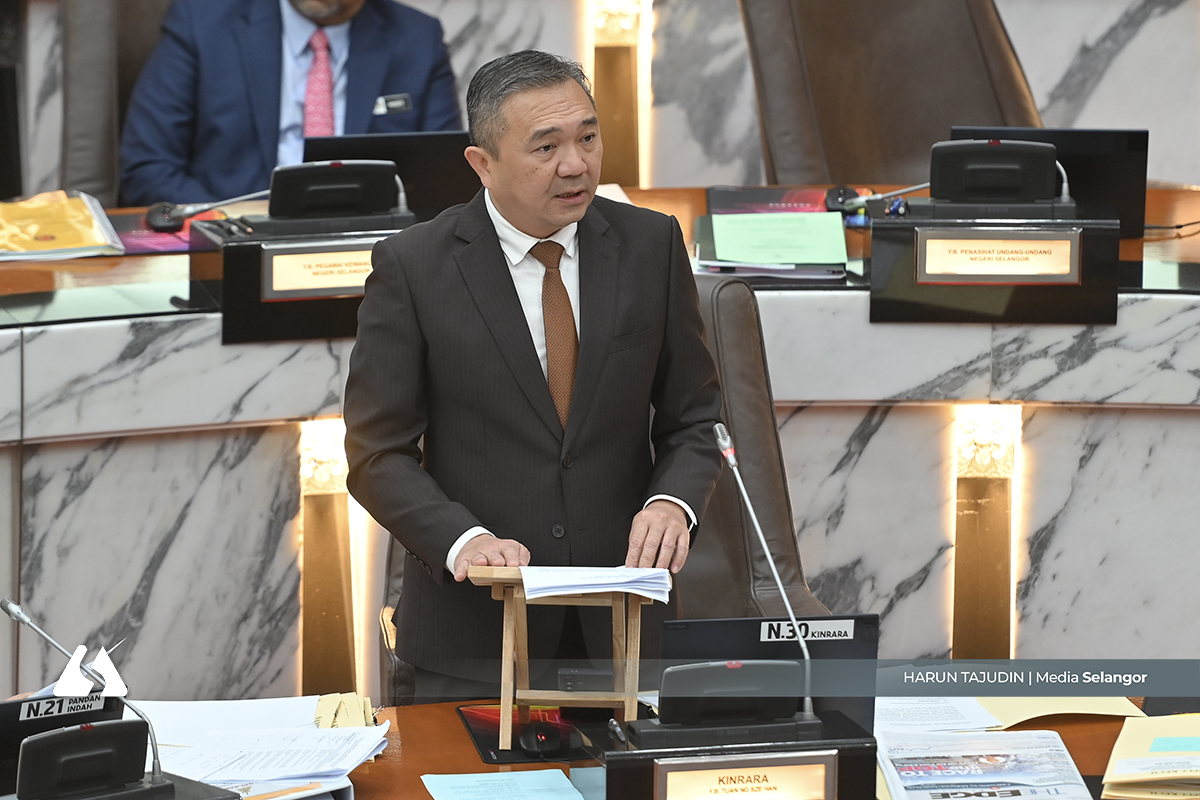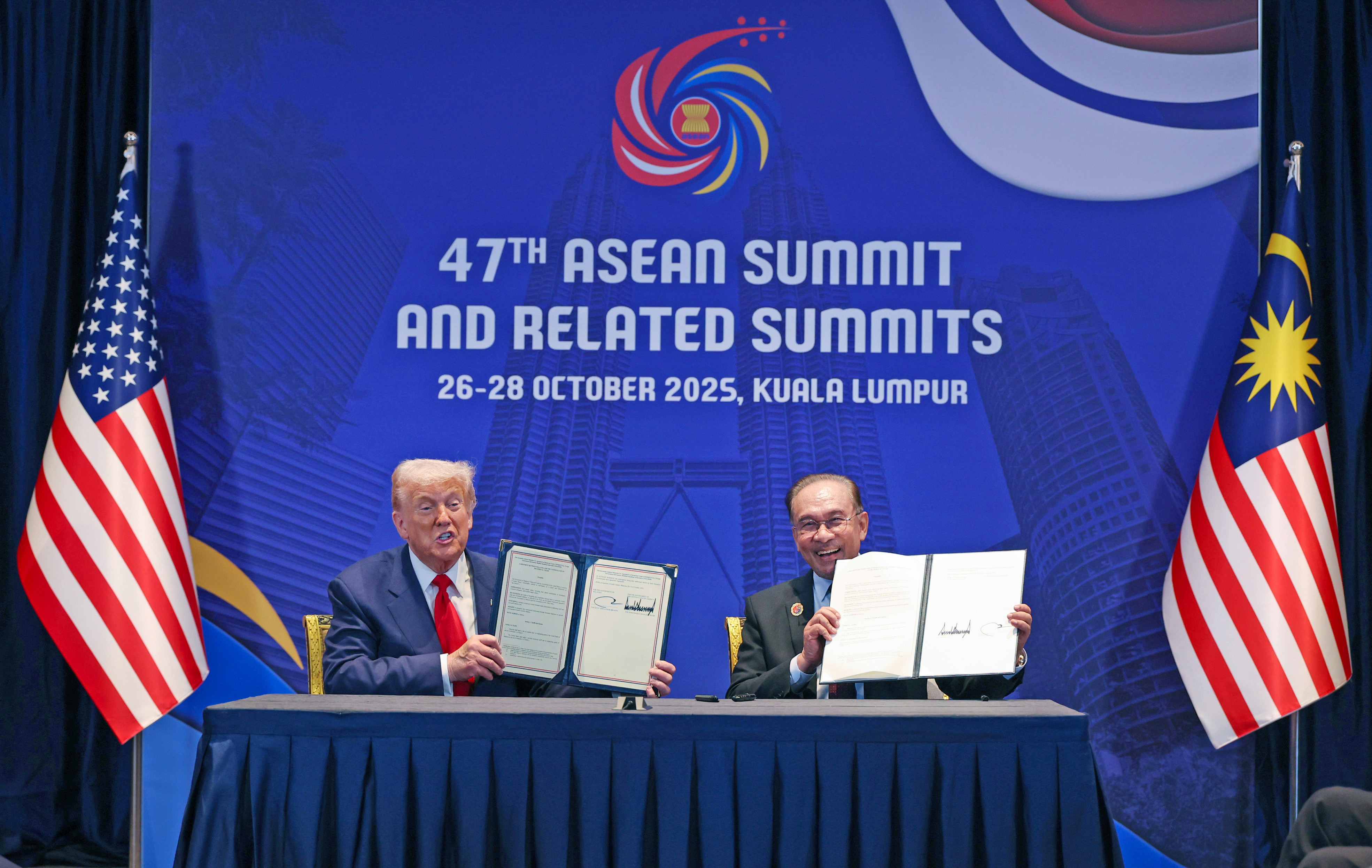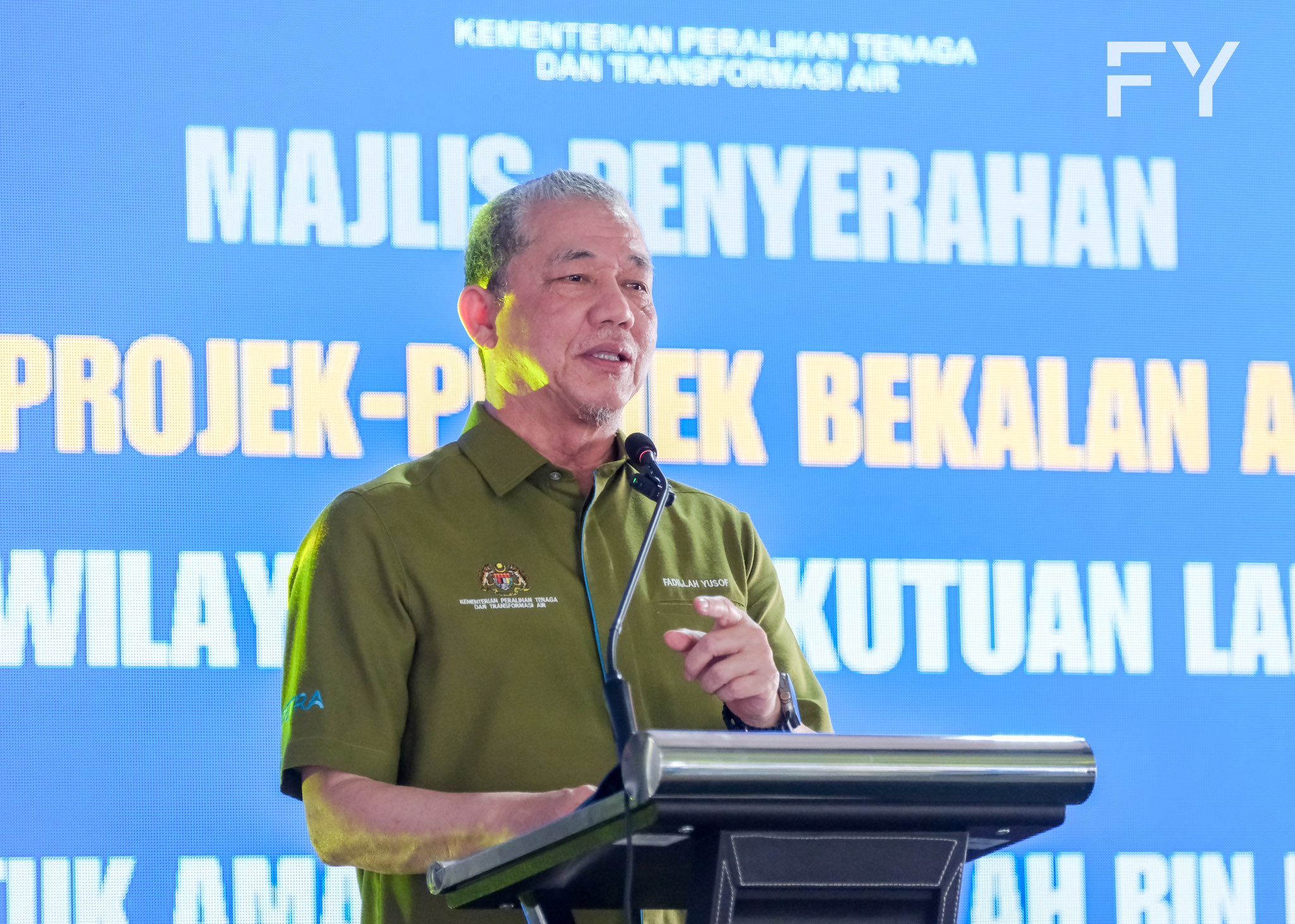SHAH ALAM, Nov 20 — The Selangor government will conduct a cost-benefit analysis (CBA) to assess the net impact of the Agreement on Reciprocal Trade (ART) between Malaysia and the United States on the state’s export performance, investment inflows, and local sector development.
State executive councillor for investment, trade and mobility Ng Sze Han said the analysis will be spearheaded by state subsidiaries Invest Selangor Bhd and Selangor Information Technology and Digital Economy Corporation (Sidec).
“This CBA will be aligned with strategies that leverage existing trade policies, particularly the Comprehensive and Progressive Agreement for Trans-Pacific Partnership (CPTPP) and the Regional Comprehensive Economic Partnership (RCEP).
“The utilisation of CPTPP and RCEP will act as benchmarks and complementary frameworks to ensure Malaysian products gain optimal market access across both eastern and western blocs, thereby strengthening our supply chain resilience,” he said in his 2026 Selangor Budget wind-up speech, in response to concerns raised by assemblymen over the impact of the US reciprocal tariffs on the state.
He said the state government sees the ART as a strategic step that strengthens Malaysia’s economic stability and predictability amid global geopolitical tensions.
“While it will not compromise national sovereignty nor override domestic laws, Selangor will still take proactive measures to manage tariff-related challenges, particularly in export-oriented sectors such as electrical and electronics.”
The ART between Malaysia and the US was signed on October 26 to stabilise and predict the trade environment after Washington’s move to impose high reciprocal tariffs on countries with large US trade surpluses.
Under the deal, the US will maintain a 19 per cent tariff on most Malaysian goods, a reduction from previously proposed 24 to 25 per cent.
To protect key export sectors, the ART includes zero-tariff exemptions for 1,711 Malaysian tariff lines, covering items such as palm oil and its derivatives, rubber goods, cocoa, aircraft parts, and pharmaceuticals.
In return, Malaysia has pledged to address several non-tariff barriers affecting US exports, including aligning its regulatory system with US standards for vehicles, medical devices, and food safety.








